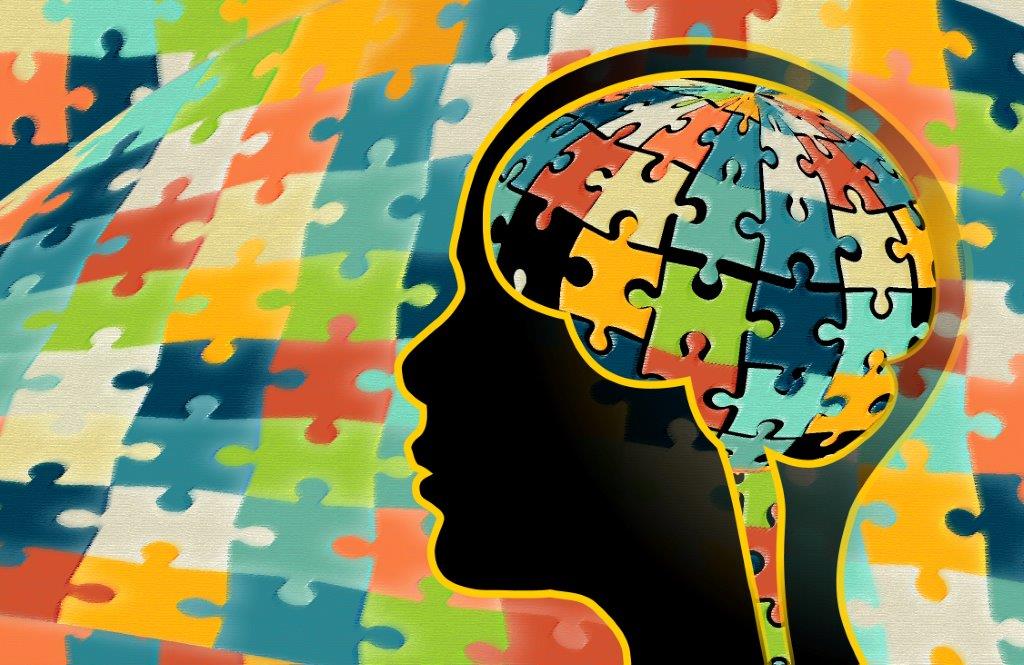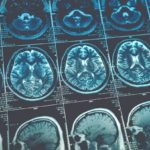Researchers at Rutgers University found approximately one-fourth of children purportedly with autism spectrum disorder (ASD) are not being diagnosed, impacting full quality of life. The results were published in the journal Autism Research.
At the start of the study, the primary aim for the Rutgers team was to establish the number of children, under the age of 8, who met the criteria for autism spectrum disorder but never received a clinical diagnosis, evident in educational or medical records. Additionally, the study also scoured through differences in demographics, with participants examined in several U.S. states, including Arizona, Colorado, Maryland, New Jersey, and Tennessee.
For a diagnosis of autism spectrum disorder, the participants were to have met the criteria of ample social and behavioral deficits.
Of the nearly 4,500 children evaluated, 25%, or 1,135, purportedly had traits associated with autism spectrum disorder, but never received a clinical diagnosis. According to Lisa Wiggins, the study’s lead author, “Among 4,498 children, 1,135 (25%) had ASD indicators without having an ASD diagnosis. Of those 1,135 children without a documented ASD diagnosis, 628 (55%) were not known to receive ASD services in public school.”
Wiggins adds: “Factors associated with not having a clinical diagnosis of ASD were non‐White race, no intellectual disability, older age at first developmental concern, older age at first developmental evaluation, special education eligibility other than ASD, and need for fewer supports.”
Based on the assessment of researchers, disparities observed in the findings, mainly attributed to Hispanics, and children of color, may have been the result of miscommunication, cultural barriers, or social stigma. A resolution, researchers asserted, could be initiating thorough screening of all toddlers, preschool and school-age children for autistic traits, consequently increasing early treatment intervention.
Fundamentally, the findings are a step forward in the right direction toward children with undiagnosed autism spectum disorder and improving their quality of life.
Wiggins concludes: “These results highlight the importance of reducing disparities in the diagnosis of children with ASD characteristics so that appropriate interventions can be promoted across communities.”


